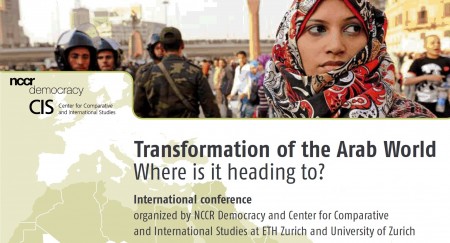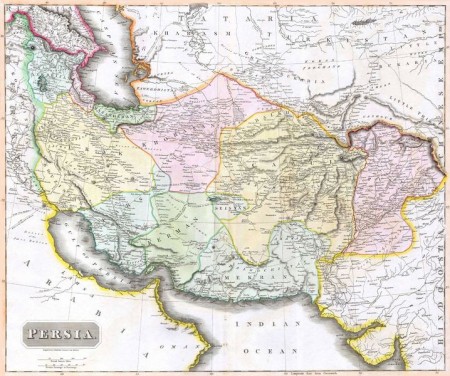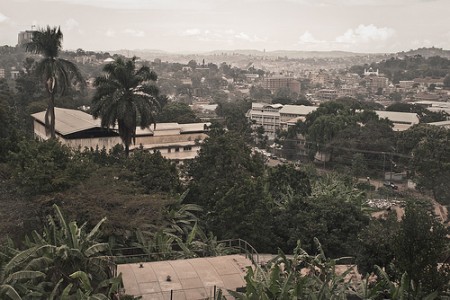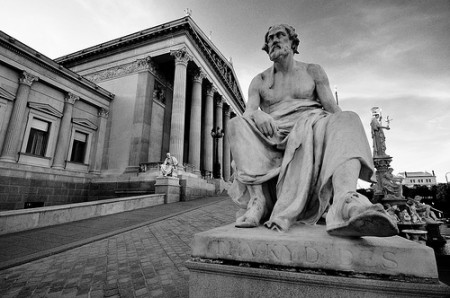
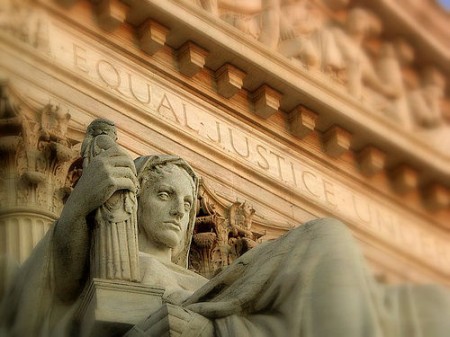
With our Editorial Plan discussing changing international norms and laws over the next two weeks, it is worth remembering that this discussion serves the wider purpose of helping to illustrate the elusive character of structural change in our world today. One consequence of this approach, at least for this particular discussion, is that we ultimately treat norms and laws as effects of underlying causes – as symptoms, so to speak, of the underlying condition we are trying to diagnose. A different but complementary approach is that of international political theory, which, as a variety of ‘ideal’ or ‘normative’ theory, often operates (if sometimes only implicitly) on the opposite assumption: that changes in ideas, norms and laws are themselves causes of structural change instead of vice versa. Today we consider an example of this other approach to international norms and laws, by way of a short introduction to the international thought of John Rawls.

